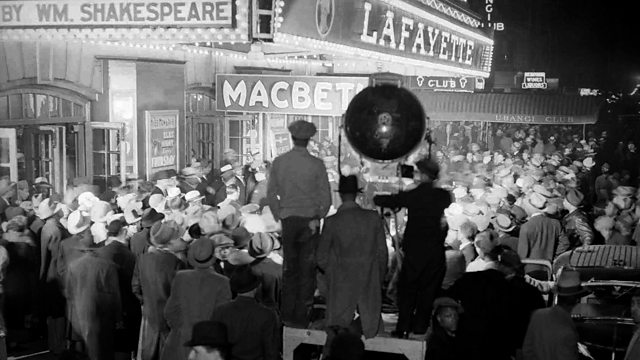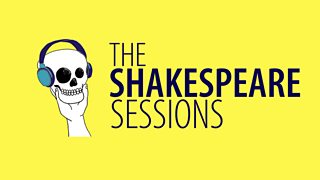Voodoo Macbeth
by Sharon Oakes
Drama about the landmark 1936 theatrical production of Macbeth which confronted US segregation laws and launched the career of twenty year old Orson Welles.
by Sharon Oakes
In 1936, the newly-formed Federal Theatre Project’s Negro Unit (part of the ‘New Deal’ initiative) decided to stage a production of Macbeth.
The production was the box office sensation, ‘VOODOO’ MACBETH which is regarded as a landmark theatrical event for several reasons: its radical interpretation of the play, its success in promoting African-American theatre, and its role in securing the reputation of its 20 year old director, Orson Welles.
Our drama charts the impact of staging this production on both cast and director. We follow the trials and tribulations of mounting a huge production with only a handful of trained actors, an inexperienced yet wildly ambitious director, a cast of nearly 150 including Haitian voodoo drummers and a witchdoctor - as well as constant protests by Harlem Communists on the streets outside the theatre.
In spite of everything, Welles’ production was not only a breath-taking, traffic-stopping, must-see success but, radically, it played to integrated audiences. Three years before his death Welles said in a Â鶹ԼÅÄ interview, “by all odds, it was my greatest achievement."
Orson Welles – Tom Bateman
Jack Carter – Ariyon Bakare
Edna Thomas – Clare Perkins
John Houseman – John Hollingworth
Abe Feder/John Barrymore – Tom Lawrence
All other parts – Adam Courting, Maggie Service, Lloyd Thomas.
directed by Gaynor Macfarlane



